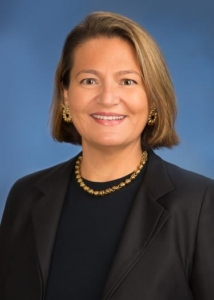by Liz O’Donnell (Boston)
While so many people have lost faith in Wall Street and the stock market during the past year, many others have renewed theirs. They are the faith-based investors—people investing based on criteria set by religious and social beliefs. Faith-based funds are considered a subset of socially responsible funds, or SRIs. According to Morningstar, faith-based offerings have been launched at a fairly rapid rate since 2000 and currently represent more than half the total of all SRI funds. This is significant when you consider that green funds, also part of the SRI category, are experiencing tremendous growth. In fact, the total of assets under management in faith-based funds has grown from about less than $500 million 11 years ago to more than $31 billion today, per Morningstar.
While many faith-based funds have similar investing criteria as socially responsible funds, like generally avoiding investments tied to alcohol, weapons and tobacco, some add a layer of religious filtering to their investment strategy as well. Take Financial Planning Services, a Washington, D.C. company that employs socially responsible investing, speaking to the Christian community about their financial lives and the difference between “man’s economy and God’s economy.”






 Contributed by Caroline Ceniza-Levine of SixFigureStart
Contributed by Caroline Ceniza-Levine of SixFigureStart 
![AlexandraBasirov[1] AlexandraBasirov[1]](https://theglasshammer.com/wp-content/uploads/2009/09/AlexandraBasirov1-175x240.jpg)